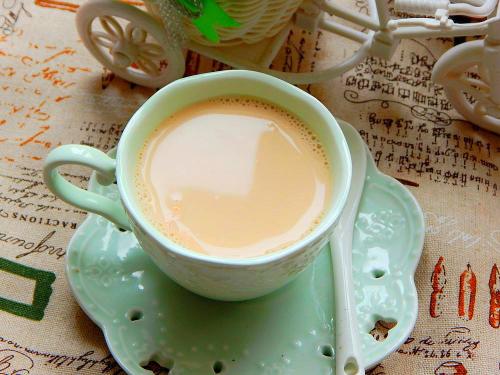Views: 34 Author: Site Editor Publish Time: 2020-12-31 Origin: Site








While most people are addicted to coffee or donuts, I prefer bubble tea (otherwise known as "boba") as my guilty pleasure. On average, I consume between one to three bubble tea drinks per week, and while this habit may not be the most cost-effective, it serves as a shining oasis amidst overwhelming amount of exams and tasks that need to be done. Recently, I heard through friends that the tapioca pearls (i.e. the "bubbles") in bubble tea may lead to cancer.
Shocked, I decided to research if bubble tea truly poses a health concern, or if we can happily continue to down our green tea and taro boba.
Bubble tea, or otherwise known as boba or milk tea, is a popular drink originating from Taiwan that features a drink base of milk, tea, coffee, fruit, etc. With flavors ranging from passion fruit to taro (a tropical root), the one uniting characteristic of all bubble tea drinks is the trademark tapioca pearls, or dark "bubbles" that lend to the drink's name.
Tapioca is a starch made (which is gluten free). This mixture is formed into flour balls and these pearls are then seeped into a syrupy mixture which causes them to become sugary and chewy. Without this sweet mixture, the tapioca pearls are relatively flavorless and contain few calories (one ounce of raw tapioca pearls is equivalent to around 61.81 calories).
In 2012, researchers at the University Hospital Aachen in Germany obtained samples of tapioca pearls from an indiscriminate bubble tea chain located in northwestern Germany. They discovered that this sample contained carcinogenic chemicals, or PCBs, which are known to lead to cancer.

In the U.S., PCBs were produced between 1929 and 1979, but were banned due to their posed health risks that not only lead to cancer but also was shown to damage the immune system, endocrine system, reproductive system, and nervous system.
In 2012, researchers at the University Hospital Aachen in Germany obtained samples of tapioca pearls from an indiscriminate bubble tea chain located in northwestern Germany. They discovered that this sample contained carcinogenic chemicals, or PCBs, which are known to lead to cancer.
In the U.S., PCBs were produced between 1929 and 1979, but were banned due to their posed health risks that not only lead to cancer but also was shown to damage the immune system, endocrine system, reproductive system, and nervous system.
A year after the study, Berkeley Wellness, an online publication of the University of California, Berkeley, released an article questioning the claims of the research and the subsequent panic that the study created. It claimed tapioca pearls contained two chemicals known as acetophenone and styrene.
According to the FDA, these chemicals are part of a broad group of aromatic compounds (which PCBs are also a part of), but in the end, the study incorrectly associated these chemicals with belonging to a potentially more lethal subset of these compounds.
As a result, even though tapioca pearls may contain traces of acetophenone and styrene, this does not mean that they are necessarily toxic or pose a serious health threat. In fact, the most pressing health concern about bubble tea is the high amounts of carbohydrates found in the tapioca balls, which can certainly lead to an unhealthy diet. At the end of the day, however, it is safe to say that we can resume enjoying this irresistibly refreshing and addictive drink, worry-free.